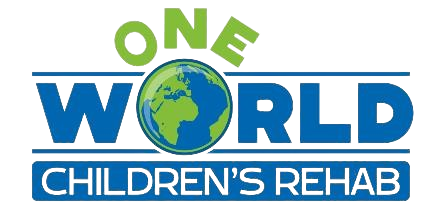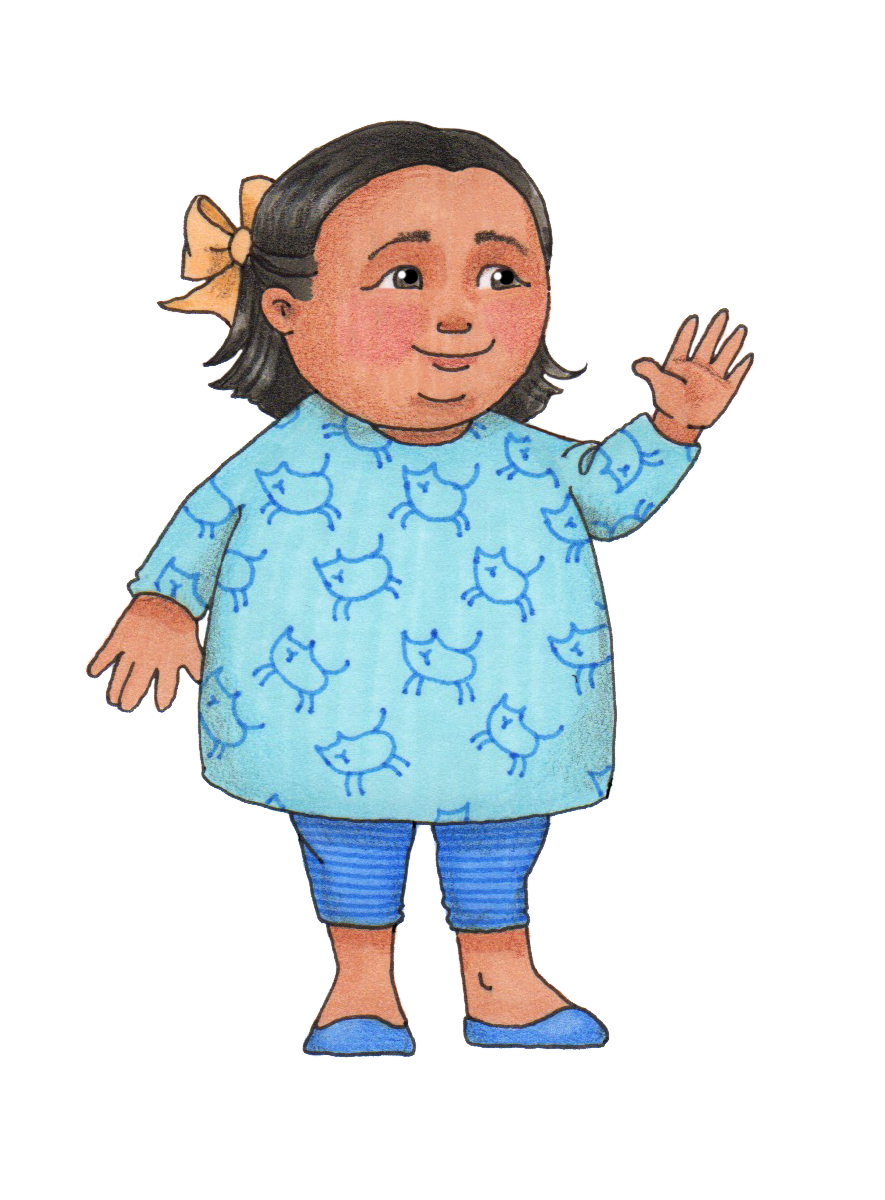


A Speech-Language Pathologist (SLP), often called speech therapists, assess, diagnose, and treat children and adults with speech, language, cognitive, voice, feeding, swallowing, and fluency deficits. SLP’s provide training and education to families and collaborate with professionals from other disciplines.
Speech therapy involves assessing and treating speech impairments or communication problems. Speech therapy is an intervention service that is individualized and based on a patient’s needs. For children, speech therapy goals are targeting using age-appropriate methods and evidenced based approaches, Pediatric speech therapy involves using toys, books, pictures, or other objects to help stimulate language development. Therapy sessions are usually recommended twice a week for 30-45 minutes a session. More intensive therapy may be recommended, depending on the severity of a child’s needs. Therapy sessions are conducted with an individual child, and not in group setting.

Speech-Language Pathologists will work with a child if they have difficulties with the following skills below:
Articulation:
Difficulties pronouncing or saying certain words or sounds correctly. Lisps fall within articulation problems.
Fluency/Stuttering:
Difficulties with the normal flow of speech (repeating sounds, syllables, words, or phrases)
Language:
Difficulties understanding language (Receptive language) and Difficulties expressing wants and needs via a chosen communication modality (Expressive Language)
Pragmatics:
Difficulties interacting appropriately with peers in social settings
Resonance:
Difficulties with pitch, volume, tone, and other qualities of their voice.
Feeding/Swallowing:
Difficulties sucking, chewing, feeding, swallowing, as well as having a limited food inventory
If you feel that your child would benefit from speech therapy services, please speak to your child's primary care physician or call the office for more information.

• A child is referred for services by their primary care physician (if
required by insurance)
• You will be contacted by our office to schedule an Initial Speech and
Language Evaluation
• Your child will be seen for an initial evaluation where a battery of
standardized tests will be performed. Clinical observation and parent
questionnaire will also be utilized to determine if your child qualifies for
services. The evaluation can last 60 to 90 minutes.
· A speech and language evaluation may assess the following skills:
oral motor, speech fluency, voice, speech sounds/intelligibility,
receptive and expressive language, social/pragmatic language,
language processing/auditory processing.
• The evaluating therapist will formulate an individualized plan of care
tailored towards the patient’s strengths and weaknesses (Frequency of
therapy, diagnosis, and goals will be implemented)
• The report will then be sent to the pediatrician for review and will need
to be signed by the referring doctor.
• The report will then be sent to the insurance company for authorization.
• Once authorization is received, therapy can begin!